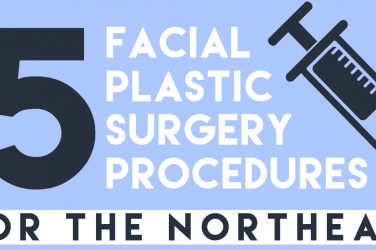Our ability to hear, appreciate music, engage in conversation, and make sense of the world relies heavily on healthy ears and good hearing. Unfortunately, many people take their hearing for granted and don’t pay much attention to ear care until problems arise. Hearing loss due to aging, noise-created hearing loss, buildup of earwax, and ear infections affect a large portion of the population, often in subtle ways that accumulate over time. That’s why a little sound advice on proactively maintaining ear health can go a long way toward preserving good hearing and preventing issues.
Schedule Regular Hearing Tests
One of the best things you can do is schedule a hearing test every other year or so, even if you think your hearing is fine. Hearing loss can develop gradually over time and you may not even notice. A hearing test conducted by an audiologist can detect early signs of hearing loss before it becomes more serious. Catching and addressing problems early on can help preserve more of your hearing. So make hearing tests a routine part of your health maintenance schedule.
Protect Your Ears from Loud Noises
We all enjoy loud music or cheering at sports games from time to time. However, repeated exposure to noises above 70 decibels can eventually cause permanent hearing loss. Be mindful of loud environments and wear hearing protection like earplugs when appropriate. Give your ears regular breaks from headphones and loud machinery as well. Protecting your ears from excessive noise will keep them healthier longer.
Keep Your Ears Clean
Keeping your ears free of excess earwax buildup is one of the most critical things you can do to maintain ear health. Earwax, also known as cerumen, serves the important purpose of trapping dirt, dust, and other particles before they reach the inner ear canal. It also has antibacterial properties to fight infection. But too much earwax accumulation can cause some unpleasant symptoms. Buildup presses on the eardrum and inner ear, leading to muffled hearing, earache, ringing, dizziness and more. Excess wax also increases the risk for infection of the outer and middle ear.
Fortunately, excess earwax is usually easy to manage at home. Make it a habit to gently clean your outer ears once a week using warm water and a soft washcloth. Never insert cotton swabs or other objects deep into the ear canal, as this often just pushes wax deeper inside. Over-the-counter wax softening drops can help loosen hardened buildup. See your doctor if at-home remedies aren’t working, as they can safely remove wax buildup in a quick office procedure.
Pay attention to symptoms of excessive earwax like ear pain, feeling of fullness, ringing, and drainage. Especially be on the lookout if you already have hearing aids or ear tubes, as even more vigilance is needed to prevent blockages. Keeping ear canals clear ensures any issues with hearing, balance, or infection are correctly diagnosed instead of chalked up to wax. Make ear cleaning part of your regular self-care ritual to avoid nasty secondary issues down the road!
Following these sound pieces of advice will go a long way towards maintaining optimal ear health. Schedule regular hearing exams, protect your ears from excessive noise, keep your ears clean, and eat a healthy diet full of essential nutrients. Put these tips into practice and keep your ears in great shape for years to come!







